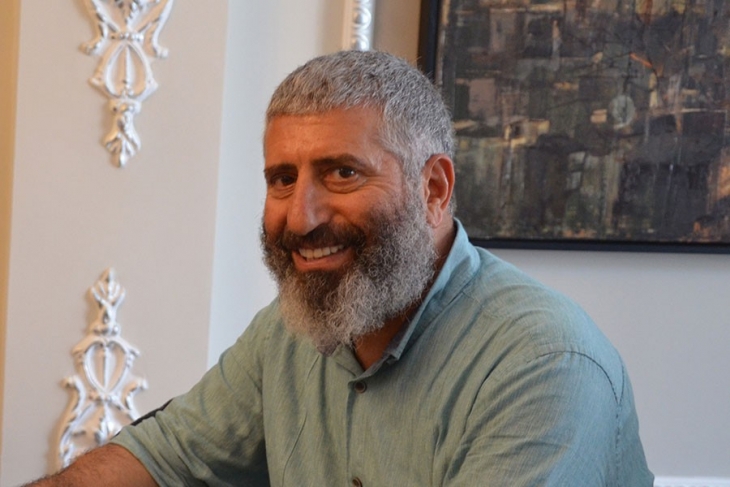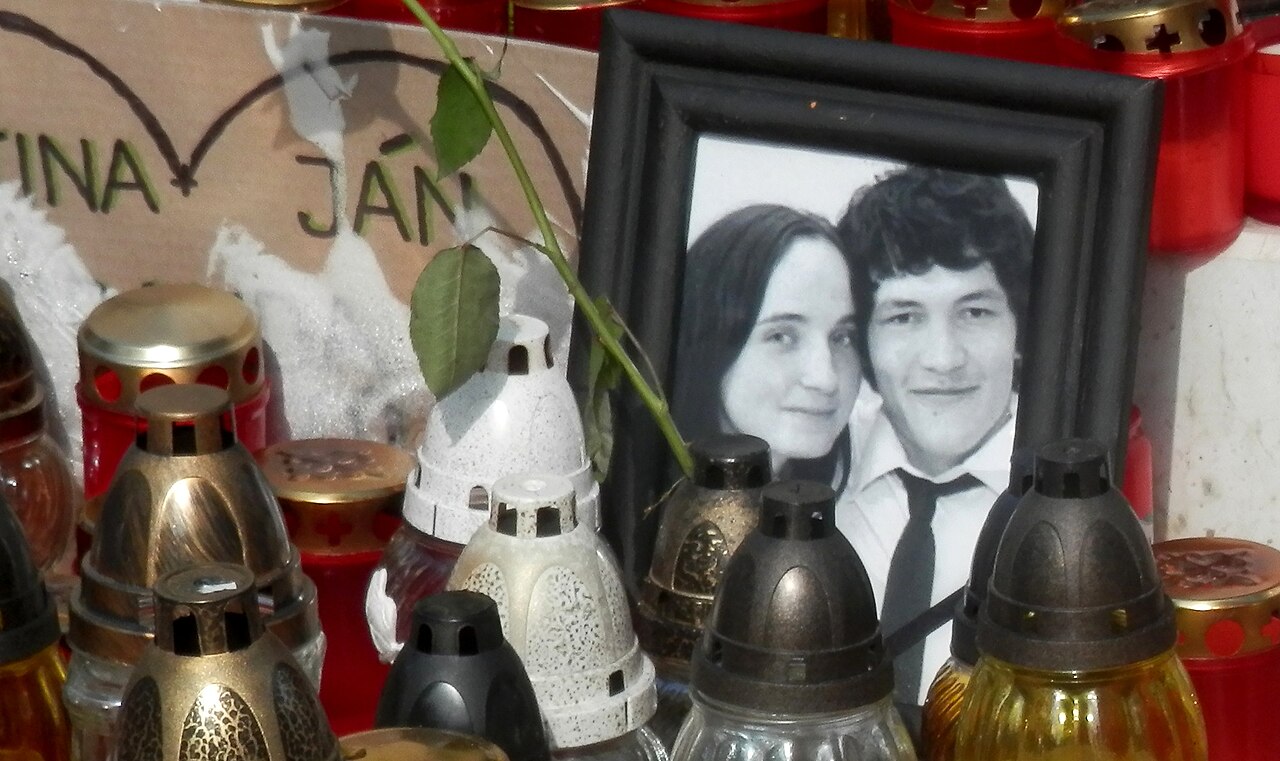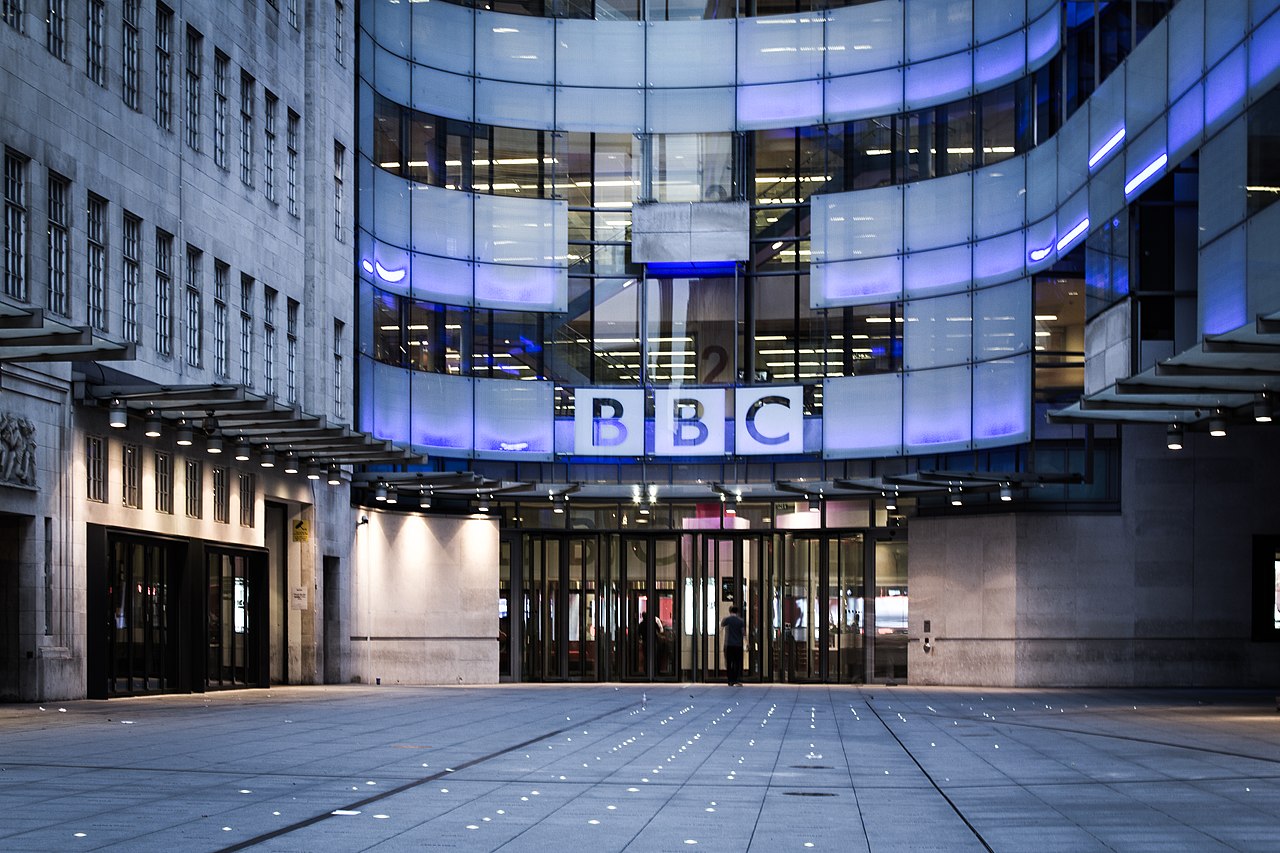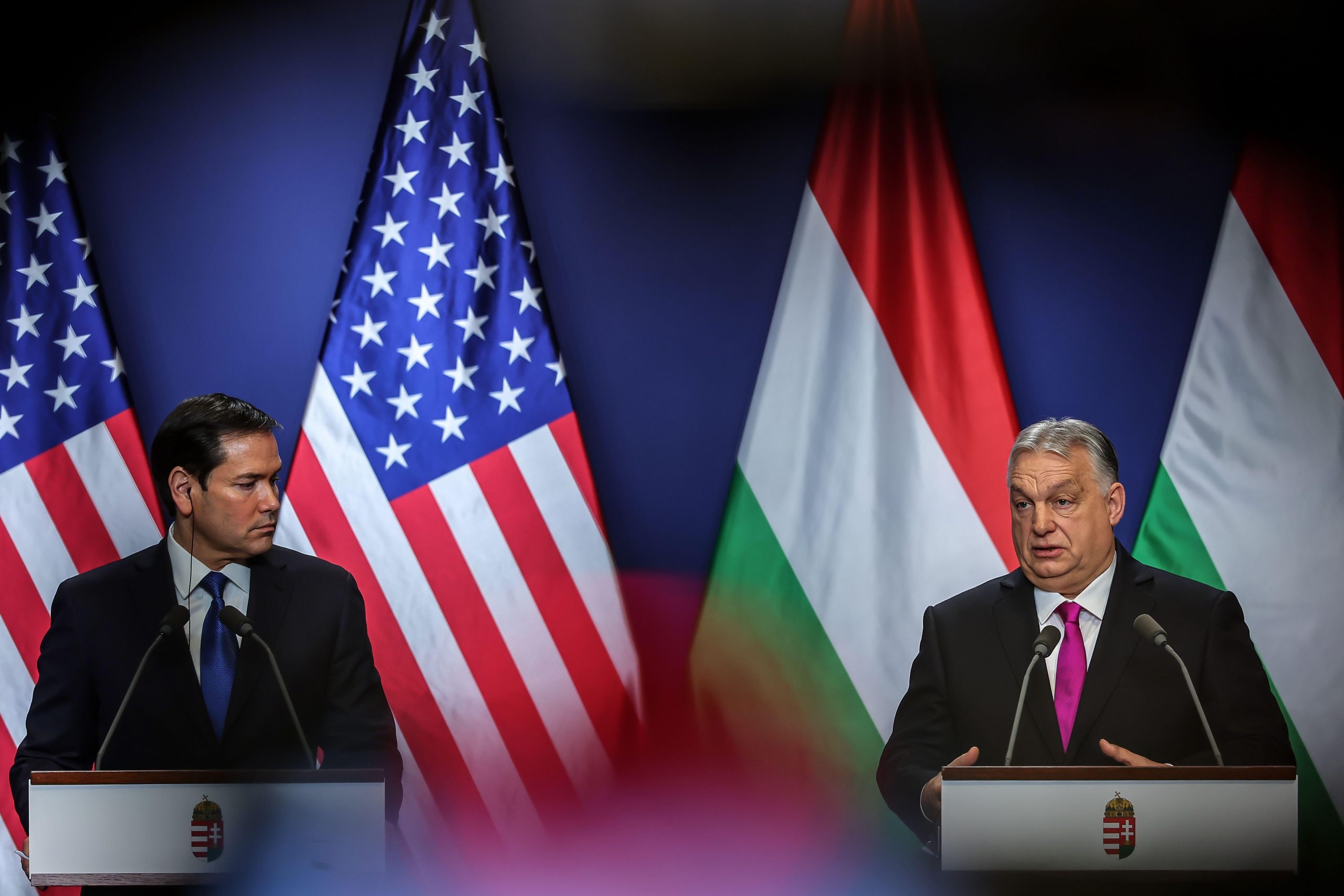[vc_row][vc_column][vc_column_text]

İshak Karakas (Photo: Ahmet Tulgar)
İshak Karakaş, the editor-in-chief of a local Istanbul weekly Halkın Nabzı, is an early riser. He is usually up before dawn and back from a long walk, which he takes with an unlikely group of friends from the neighbourhood, by 8 am. This is when he starts checking the news of the day over breakfast while posting impassioned tweets about the morning’s reports.
On 20 January the Turkish military launched an operation into Afrin, a Kurdish-controlled enclave in Syria, arguing that the Kurdish forces in the region are an extension of the Kurdistan Workers’ Party, which Turkey considers a terrorist organisation. Karakaş, like many others, took to Twitter to criticise the military incursion. He did so using the account @ishakkakarakas_, which has since been closed by his son and lawyer Uğur Karakaş.
“There is not a single Islamic State gang in Afrin. Why are you telling lies?” he asked Turkey’s politicians, who have claimed that the Kurdish forces in Syria are actually ISIS militants. “Don’t believe the TV’s propaganda on Afrin,” he told fellow citizens in another tweet. He also retweeted a post claiming that civilians had been killed in the region at the hands of the Turkish military.
Then they came for him.
“It was about midnight. My dad was sleeping. I wasn’t home, though my mother was. The police came banging on the door; they said they had a search warrant,” says Karakaş, an Istanbul-based defence attorney. His father was arrested on 26 January on charges of “spreading terror propaganda” through Twitter. He is now in Silivri Prison, with no indictment in sight.
A country with no humour
Karakaş certainly wasn’t the only one to feel the ire of the Turkish state at war. According to the Turkish interior ministry, as of 27 February, 845 people had been detained by police for criticising the Afrin operation (or “spreading propaganda of a terror organisation” as the ministry prefers to phrase it) which Turkey has officially named “Operation Olive Branch”. The ministry hasn’t said how many of those detained were formally charged and imprisoned, but judging by the fact that all eight taken along with Karakaş were, according to his court papers, arrested, that number is not likely to be low.
Karakaş was born in Diyarbakır in 1960. He finished primary school and then started working as an assistant to truck drivers at the age of 12. In 1989 he was forced to migrate to Istanbul like many other Kurds at the time, together with his wife Müzeyyen and first-born, Uğur (Azad). The couple’s other children, Umut and Ufuk, were born in the city. “He is a patriot, and he was always a political person,” remembers Uğur Karakaş. Although he was in the logistics trade until his company went bankrupt following the 2000 financial crisis in Turkey, Karakaş was always engaged in politics and he wrote columns for the pro-Kurdish Özgür Gündem and socialist Evrensel.
Life in Istanbul and Halkın Nabzı
Despite being in commerce after he moved to Istanbul, he found the time to complete secondary and high school through distance learning. According to his interrogation log, he is currently in his second year obtaining a sociology degree from Turkey’s distance learning university Açıköğretim. He also made sure that his children had a better chance at life: one is a lawyer and the one is a doctor. His youngest is attending an undergraduate computer engineering programme.
“Even before he was a journalist, he was always interested in the country’s problems,” says Ahmet Tulgar, a veteran Turkish journalist who has been publishing Halkın Nabzı with Karakaş for more than six years. Their paths had crossed at panels and meetings before they formally started working together. When Karakaş was out of the logistics business and Tulgar left his day job at the BirGün newspaper in the second half of 2000s, the two men started an advertising company in İstanbul’s Maltepe district — which is where Halkın Nabzı is published today.
“He is a family man. He would come to work after his morning walk and go home straight in the evening. In 2013 we decided to publish a local newspaper together, but it wouldn’t be one of those local publications which only report on where the mayor had dinner or on the recent affairs of the powerful people in the community,” Tulgar says.
And as such, Halkın Nabzı came to life. Distributed on the Anatolian side of Istanbul and funded by local businesses and municipalities, the weekly newspaper has a circulation of 10,000 copies. Given the vision and background of its founders, Halkın Nabzı’s emphasis on quality journalism is not a surprise: the paper values its independence above all else. It brings local stories to the forefront while maintaining its relevance to the national conversation. According to Tulgar, Halkın Nabzı’s editorial policy is defined by a “peace journalism that encompasses all segments of society and that uses a style which can be comprehended by all societal segments”. “İshak’s tweets are not reflective of our editorial policy of course,” he is quick to add.
A family man
“Let alone putting such a man in jail, they should reward him for having found the formula for peace in this country,” says Tulgar, who adds that the participants of Karakaş’s morning (Tulgar, who is happy to sleep in in the morning, isn’t one of them), come from very diverse and opposing political backgrounds.
“He is a man of peace. I guess you can say that about anyone, but he wanted to be a soldier of peace. Unfortunately, they have put such a man in jail,” Tulgar says. He also jokingly complains that he and Uğur have had to eat fast food for the past few weeks. “He always fixed lunch for us in the office. Sometimes the people in our building would come ask if they could have some of what he has cook if they couldn’t find something good to order on a particular day.”
For Tulgar, Karakaş’s absence is much more than missing a hearty and healthy lunch. When the two started the newspaper, they were mostly on their own for the first couple of years. “We have worked together for so long, of course it is hard,” he says, slightly bitter at his friend for tweeting “irresponsibly”.
What Tulgar doesn’t say is how he and his now-imprisoned friend have shared the everyday stress of launching a publication and how they had to brave the anxiety of trying to produce good journalism in one of the most dangerous countries for the profession. The two men have been in battle together, and now one is in prison.
Even if Karakaş is convicted, he would be released because although propaganda is punishable by a two-year sentence, such sentences are usually suspended under Turkey’s criminal procedures, according to Uğur Karakaş.
“He has a huge family. He is a grandfather and another grandchild is on the way. Uğur will get married this summer,” Tulgar added.
In Turkey’s wider reality, where 153 journalists are in prison and six were sentenced to life in prison without the possibility of parole only two weeks ago, knowing that Karakaş may be released at his first trial is comforting.
Tulgar slows down, speaking softly: “Cumhuriyet’s Murat Sabuncu, who is a gem of a man, Ahmet Şık, who is such a great journalist who has never chased personal interest or fame, and Akın Atalay are in prison. Osman Kavala is also in prison. There are so many great people in prison, it is embarrassing to complain ‘oh my friend has been in prison for one-and-a-half months.’ ”[/vc_column_text][/vc_column][/vc_row][vc_row][vc_column][vc_basic_grid post_type=”post” max_items=”12″ style=”pagination” items_per_page=”2″ element_width=”6″ grid_id=”vc_gid:1520255755875-dae306ff-b8c0-4″ taxonomies=”8607″][/vc_column][/vc_row][vc_row][vc_column][vc_custom_heading text=”Mapping Media Freedom” use_theme_fonts=”yes”][vc_separator color=”black”][vc_row_inner][vc_column_inner width=”1/4″][vc_icon icon_fontawesome=”fa fa-times-circle” color=”black” background_style=”rounded” size=”xl” align=”right”][/vc_column_inner][vc_column_inner width=”3/4″][vc_column_text]
Index on Censorship monitors press freedom in 42 European countries.
Since 24 May 2014, Mapping Media Freedom’s team of correspondents and partners have recorded and verified 3,597 violations against journalists and media outlets.
Index campaigns to protect journalists and media freedom. You can help us by submitting reports to Mapping Media Freedom.[/vc_column_text][/vc_column_inner][/vc_row_inner][vc_separator color=”black”][/vc_column][/vc_row][vc_row][vc_column][vc_custom_heading text=”Don’t lose your voice. Stay informed.” use_theme_fonts=”yes”][vc_separator color=”black”][vc_row_inner][vc_column_inner width=”1/2″][vc_column_text]Index on Censorship is a nonprofit that campaigns for and defends free expression worldwide. We publish work by censored writers and artists, promote debate, and monitor threats to free speech. We believe that everyone should be free to express themselves without fear of harm or persecution – no matter what their views.
Join our mailing list (or follow us on Twitter or Facebook) and we’ll send you our weekly newsletter about our activities defending free speech. We won’t share your personal information with anyone outside Index.[/vc_column_text][/vc_column_inner][vc_column_inner width=”1/2″][gravityform id=”20″ title=”false” description=”false” ajax=”false”][/vc_column_inner][/vc_row_inner][vc_separator color=”black”][/vc_column][/vc_row]




